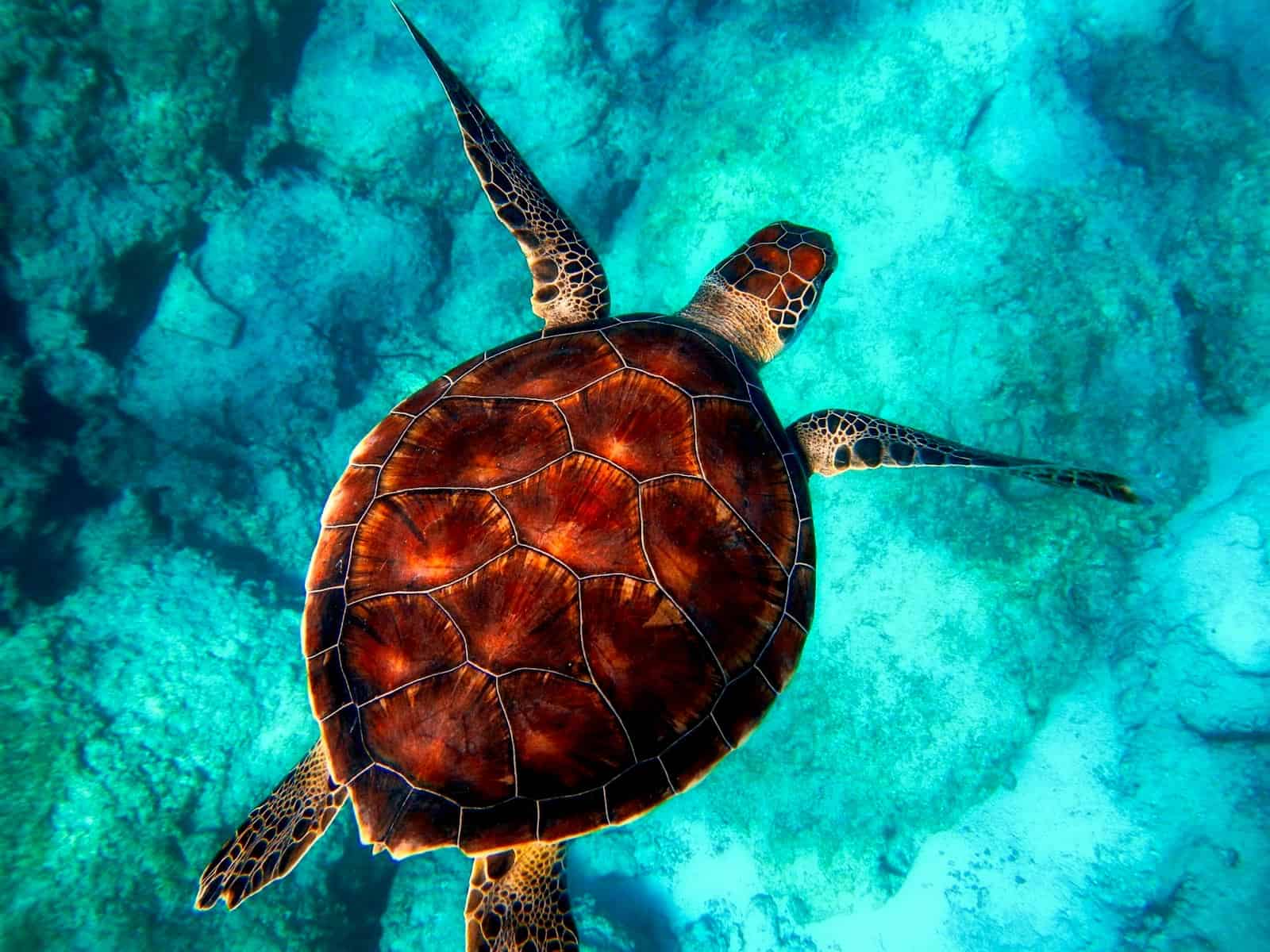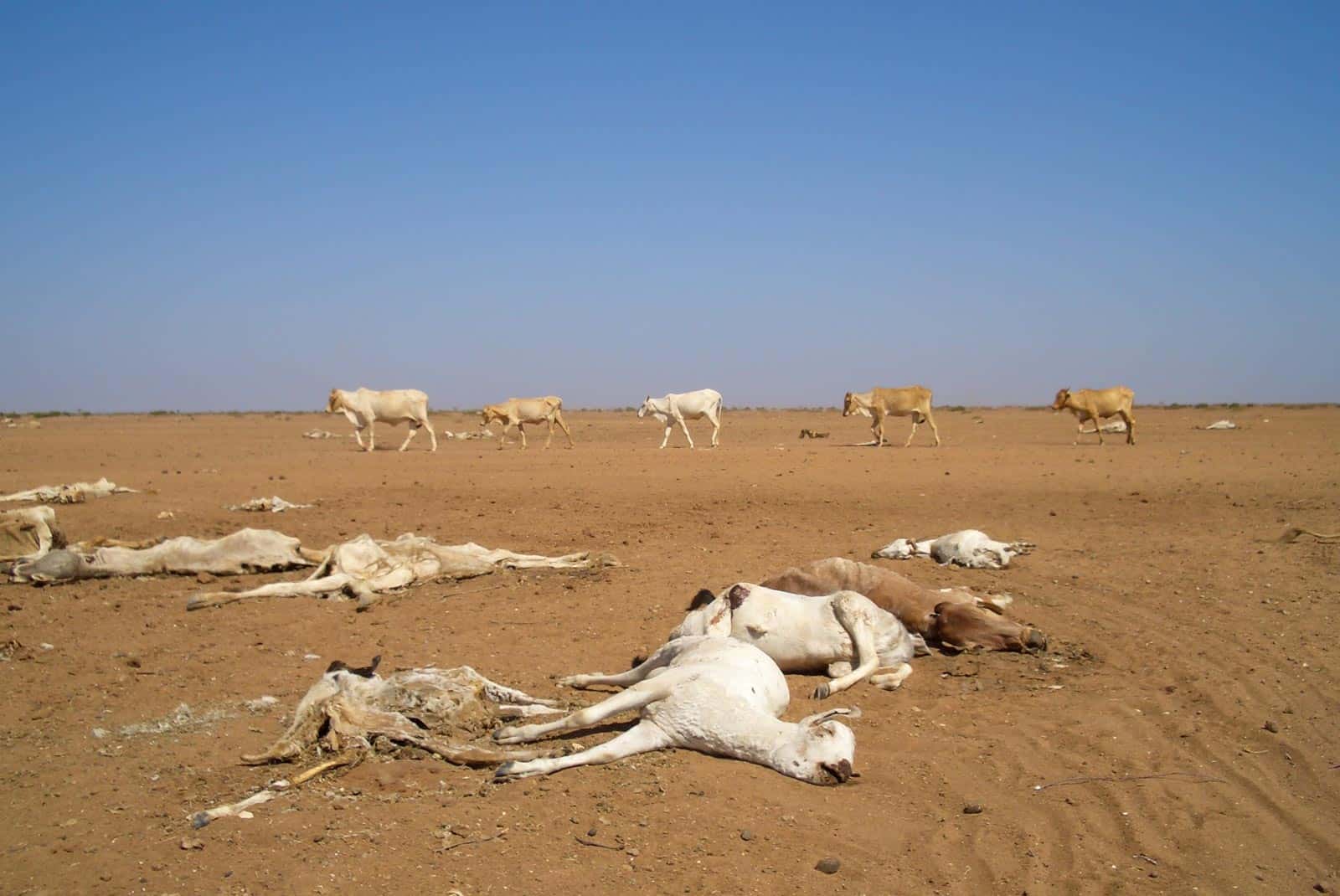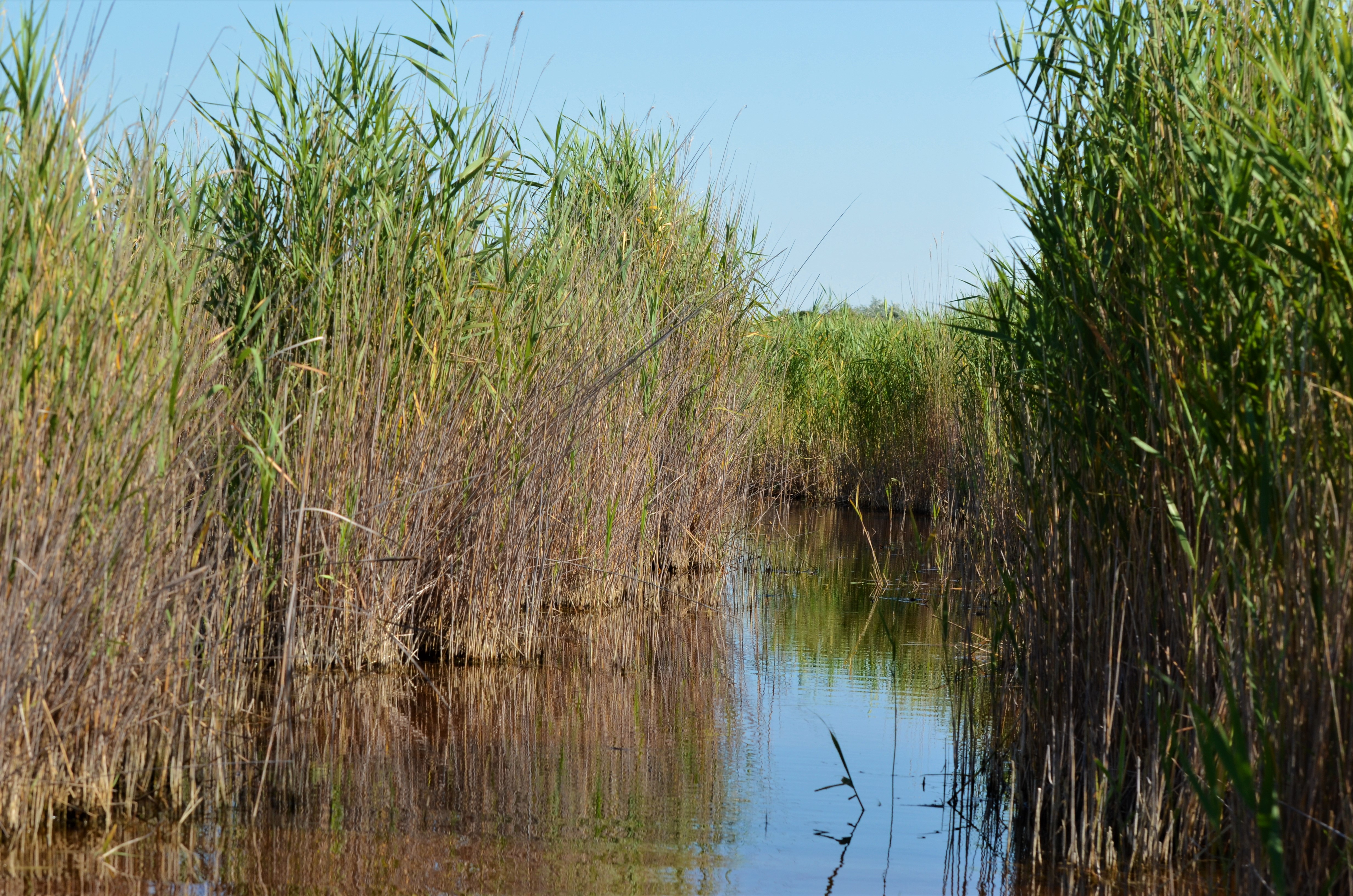UN Conference starts in New York to define ocean treaty
The intergovernmental conference of the United Nation, meant to reach a first-ever ocean treaty on the high seas’ biological diversity, opened its fifth and likely final session on Monday, August 15 2022.
Towards first-ever ocean treaty
UN member states are gathering in New York for the 5th Intergovernmental Conference, an event convened following a decision taken by the UN General Assembly in March 2022. This conference, expected to be the last one of a series started in 2018, is meant to develop an international legally binding instrument under the United Nations Convention on the Law of the Sea on the conservation and sustainable use of high seas marine biological diversity. If agreed upon, this long-awaited treaty will govern the planet’s last wilderness areas which include all oceans two hundred nautical miles beyond national jurisdiction.
As the outcomes of the conference, running from 15 until 26 August, will determine the fate of the ocean for generations, environmental groups are urging world leaders to agree to an ambitious plan to protect an area covering half of the planet and making up two-thirds of the ocean, which has been treated “recklessly”. Indeed, the high seas play a vital role in supporting fisheries, providing habitat for countless species and mitigating climate change impacts. Unfortunately, they are currently severely underregulated resulting in widespread exploitation with only 1% of the high seas being protected.
The high seas epitomize the tragedy of the commons. Because they don’t ‘belong’ to anyone, they have been treated recklessly with impunity. We need a common governance mechanism for our ocean to ensure that nobody’s waters become everybody’s waters – and everyone’s responsibility
The importance of a high seas agreement
Fifty nations have already pledged to protect at least 30% of the ocean and seas by 2030 through an ecologically representative, well connected network including of highly, and fully protected marine areas and area-based management tools. But with no common agreement, these global ambitions will have no legal ground for the high seas without a framework to designate and manage protected areas beyond national jurisdiction. This is why there is pressure on the remaining UN member states to join this discussion and achieve resounding result to years of negotiations.
Country leaders are therefore asked to deliver a robust and equitable biodiversity treaty for the oceans that can help reverse nature loss during this decade and secure a healthier and sustainable future. The currently under negotiation ocean treaty aims to guide nations thanks to a robust and equitable governance mechanism to conserve and sustainably use the shared resources of the high seas.
At the same time, such a mechanism can benefit those who depend on fishing for food security and livelihoods by implementing restrictions that prevent overfishing and other destructive practices, paving the way for healthier fish populations. In addition to this, the ocean playing an important role in buffering the world from the climate crisis, by absorbing carbon dioxide as well as 90% of heat caused by human-induced warming. A robust ocean treaty can mitigate some of the threats faced by the ocean, ensuring a continuation in its mitigating contribution as the planet’s largest carbon sink.









